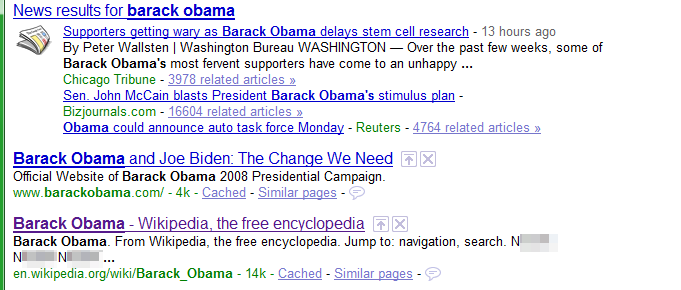 Sony just can’t get back on track. On Wednesday evening, the Playstation Store came back online, finally making the Playstation Network whole again after April’s devastating security breach.
Sony just can’t get back on track. On Wednesday evening, the Playstation Store came back online, finally making the Playstation Network whole again after April’s devastating security breach.
But now, a group of hackers known as Lulz Security claims to have breached Sony Pictures’ website, stealing e-mails, passwords, addresses, birth dates and opt-in information for more than a million users. All of this information is now posted to the Internet.
To be clear, we’re talking about two different divisions of Sony. The hacking of Sony Pictures has no effect on the Playstation Network. Still, this is another embarrassing security breach for Sony, and a sign that the company isn’t finished fending off hackers. It’s not even the first attack since the breaches of PSN and Sony Online Entertainment in April. Other smaller attacks have included a leaked database in Japan and a phishing scam site on Sony’s Thai web domain.
On the bright side, the Playstation Network has remained relatively stable since online play resumed in mid-May. That’s the best way Sony Computer Entertainment can redeem itself, along with the “welcome back” package of free games and other benefits that’s reportedly in its final testing stages.
But as a whole, Sony needs to show its customers that it’s taking security more seriously. Obviously, the entire company is now a target, and customers are the innocent bystanders. Perhaps it’s time for CEO Howard Stringer to change his tone.

 After four years of solid security, Sony’s Playstation 3 hacking defenses have fallen, and all the company can do now is try to snuff the hackers themselves.
After four years of solid security, Sony’s Playstation 3 hacking defenses have fallen, and all the company can do now is try to snuff the hackers themselves.

